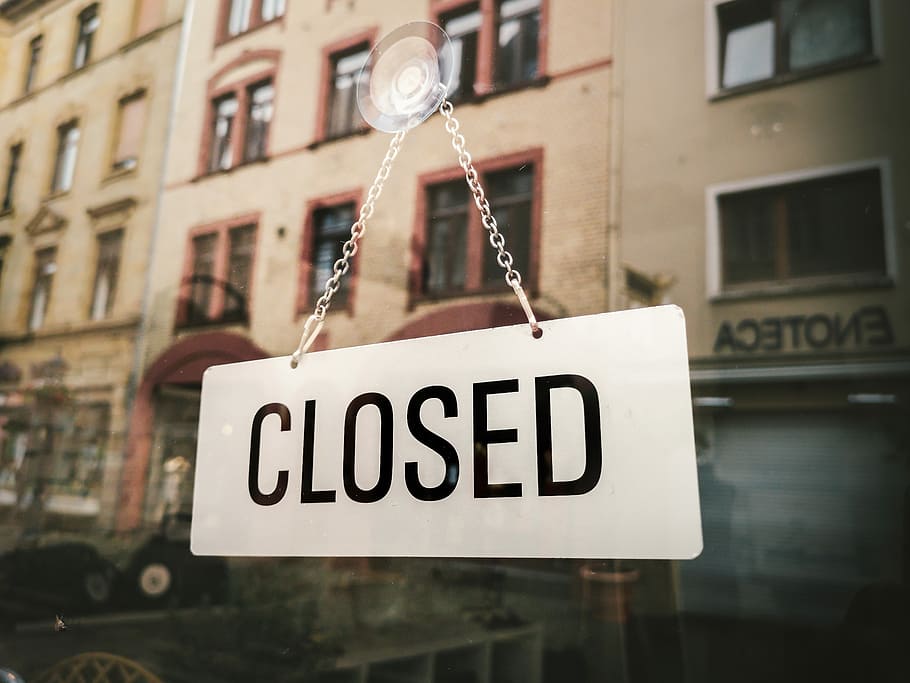As the national security council today prepares for a second partial relaxation of the lockdown in place since March, business owners have been expressing concern at the possibility of a second lockdown at some point in the near future.
The prospect of going back into full-blown confinement has been raised by experts and politicians alike, warning that if people fail to respect the more relaxed rules it might be necessary to undo the relaxation altogether.
Since the first phase of exit started, the figures of infections, hospital admissions and deaths have continued their downward progress. But it is too early yet to say what the effect of the first phase of de-confinement has been. And now a new phase starting on May 18 is about to be announced.
The Flemish chamber of commerce Voka carried out a poll of 800 of its members, which revealed that one in four of them believed that their business could not survive a second lockdown. According to managing director Hans Maertens, speaking on the VRT documentary strand Pano to be broadcast this evening, any upturn in the coronavirus figures should be tackled with contact tracing and isolation.
“Our business now needs to be to lay the virus low, not the economy,” he said.
For the Federation of Belgian Enterprises (FEB), meanwhile, a second lockdown would mean bankruptcy for 10% to 15% of businesses. Already, the FEB estimates that the cost of the virus to businesses has been in the region of €25 billion, without even accounting for a second lockdown.
“We need to avoid that at all costs,” said CEO Pieter Timmermans. “That would have enormous consequences. We should not do that again. If it comes to a lockdown, we must do it more specifically: drastic intervention in the event of a local attack, but no more complete lockdown.”
Voka’s member poll revealed a large majority in favour of the measures taken so far by the government, but about 25% against – mainly in those sectors which remain closed, such as events, tourism and food and drink.
The idea of a partial, targeted intervention rather than a full lockdown finds support from Professor Erika Vlieghe, who chairs the GEES group of experts planning the country’s exit strategy.
“We would not have to close everything down, only perhaps a part,” she told the programme. “But let’s hope it doesn’t come to that, and we can also get there with local measures and reducing social contacts.”
Alan Hope
The Brussels Times

